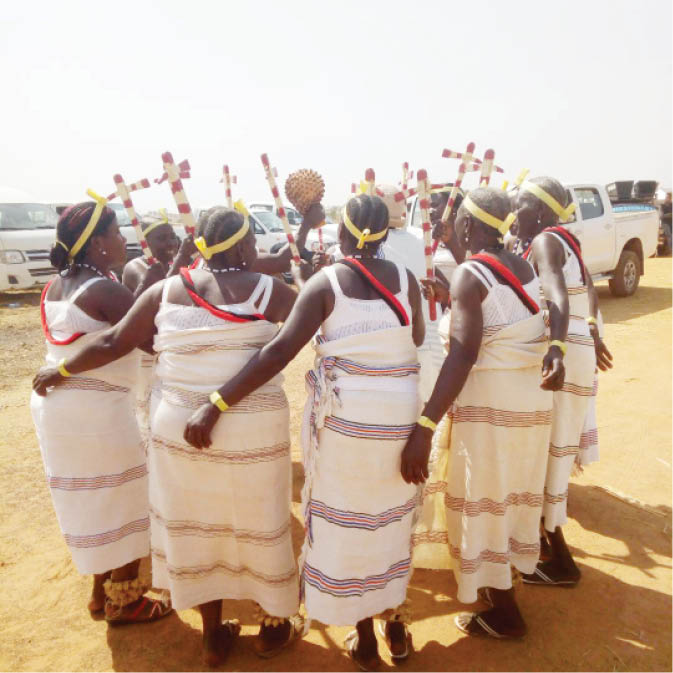Is upholding cultural values solely for poor families?
Africans are undoubtedly a highly cultural people, so despite modernization, digital/technological advancement and other inventions that are contesting with cultural practices, many communities are doing all they can to preserve their heritage. African culture is strongly perceived as full of good values, thereby, stimulating strong communal passion. Among the well cherished African cultural heritages are […]

Nigeria cultural dispaly
Africans are undoubtedly a highly cultural people, so despite modernization, digital/technological advancement and other inventions that are contesting with cultural practices, many communities are doing all they can to preserve their heritage.
African culture is strongly perceived as full of good values, thereby, stimulating strong communal passion. Among the well cherished African cultural heritages are the tribal music and dances, dresses/attires, foods, art and crafts and tribal marks. There are also the greetings and respect for elders, folktales, masquerades, taboos, herbs for curing sicknesses (traditional medicines), among others.
However, there are cultural practices that are considered inimical and inconsistent with contemporary times. Nonetheless, there are efforts and campaigns to uphold the good value system. But a cursory look reveals that it is mostly the less privileged families that are upholding the cultural practices.
For instance, how many wealthy parents allow their children to be part of their village cultural dancers or masquerade groups? How many of such parents encourage their children to become traditional doctors or herbalists? How many children of governors, ministers, commissioners’ captains of industries, etc are part of traditional activities.
Some wealthy parents could cherish the custom, no doubt, but to be directly involved with the activities is something else. The masquerades, native doctors are often those from poor homes (though the rich who want spiritual powers patronize them).
Traditional foods, attires, medicines and others are also hardly patronized by the rich.
So, the pertinent question is: ‘Is upholding cultural values the exclusive responsibility of poor families?’
Commenting, Martins Dalyop said it is a fact that most wealthy people live in the cities where there are little or no cultural activities, little hence their children know about cultural happenings.
Dalyop, who is the immediate past Secretary of Berom Educational and Cultural Organisation (BECO) in Plateau State, said there are also class differences between wealthy families and the poor, adding that the children of the rich engage in activities like swimming, sightseeing, watching western programmes/cartoons, and eating imported foods among others.
He said the wealthy also live in places like GRAs with little contact with the general populace, making it difficult for them to assimilate cultural ideas.
“But even when the poor live in the city, their minds are still channeled to the village where cultural activities take place.
“The poor get involved in activities preparatory to end of the year cultural festivals and all that. Their disposition has made them to attach value to their heritage.
Dalyop called on all and sundry, no matter their class, to uphold their cultural heritages so they don’t go extinct.
